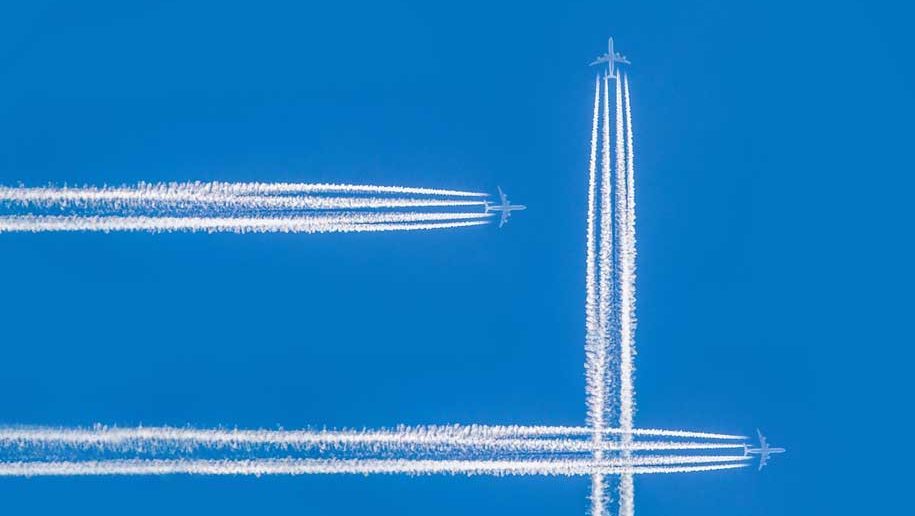
The controversial inclusion of airlines in the EU emissions trading system (ETS) has taken a new turn with airlines in China reportedly refusing to pay the tax. Whether the move is a viable one remains questionable, given the European Court of Justice’s recent decision to throw out a court case challenging the tax led by airlines in North America (see story).
While the system was introduced this month, airlines won’t have to start paying the tax until the first quarter of 2013 giving them time to take responsive action.
Business Traveller Asia-Pacific contacted two major airlines in China but was unable to elicit any comments. Cal Haibo, deputy secretary-general of the China Air Transport Association, was quoted in a newspaper report as saying: “China will not cooperate with the European Union on the ETS, so Chinese airlines will not impose surcharges on customers relating to the emissions tax.”
According to the law, the EU has the option of enforcing fines of 100 euros (US$133) for each tonne of carbon dioxide emitted for which airlines have not surrendered carbon allowance. There is also the option to ban airlines that consistently refuse to follow the law as well as confiscating aircraft, although these drastic steps are unlikely to take place.
At the same time, airlines can suggest alternate ways of offsetting. “Our law gives all countries the choice to reduce aviation’s carbon pollution differently. If they take equivalent measures, all incoming flights from these countries can be exempt,” Isaac Valero-Ladron, EU spokesman for climate action, said in a newswire.
Some media reports are predicting a trade war situation as a countries weigh up their options. A spokesperson for the Association of Asia-Pacific Airlines (AAPA) said: “Recognising the EU rule is challenging the sovereignty of States, various governments around the world opposed to the EU ETS are now evaluating what sanctions can be taken against the EU with the likelihood of a trade war ahead. As AAPA has already stated, the last thing we need is a trade war. Tit-for-tat measures would only add to the burden on the airline industry and the travelling public, without achieving any environmental benefit.”
It also added: “This dispute needs to be resolved through constructive political dialogue, rather than embarking on a bruising trade war. AAPA strongly urges all governments to work within the auspices of ICAO towards an effective multilateral agreement on a global, sectoral framework on aviation and the environment, and to refrain from introducing duplicative measures, including the imposition of arbitrary taxes that deliver no real environmental benefit.”
For a detailed look into the EU ETS system and its application to the aviation industry, read
Vicki Williams












